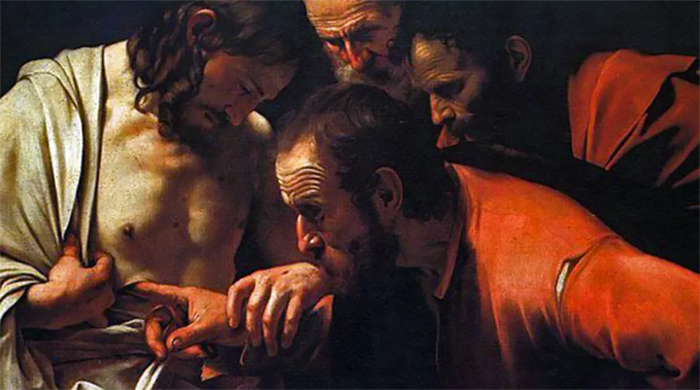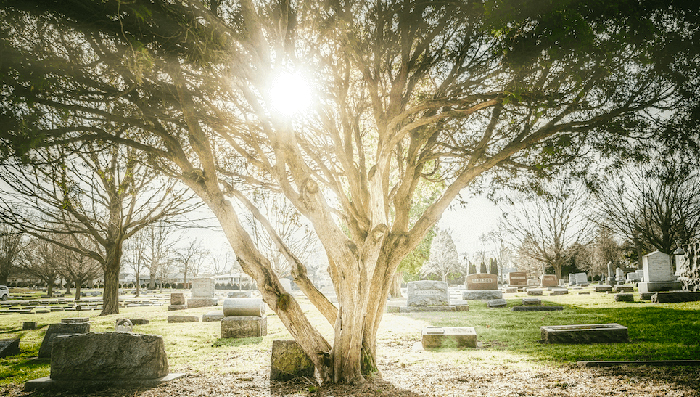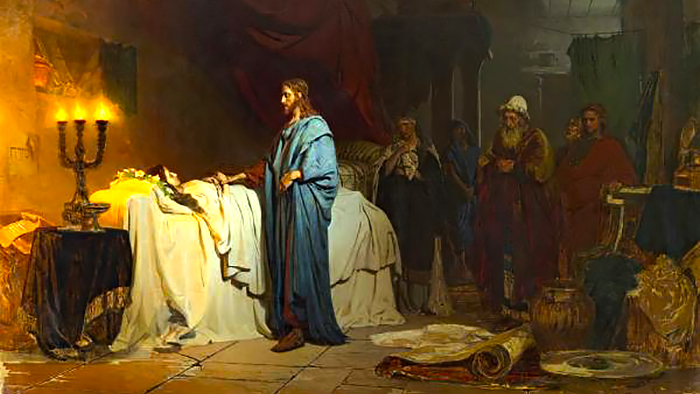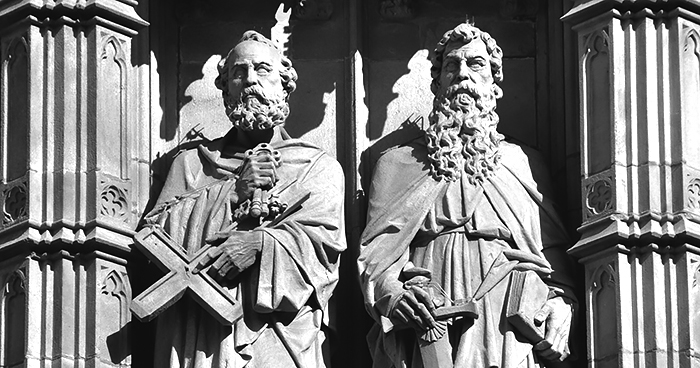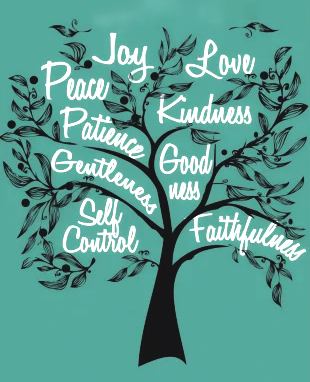
We’re told there that Jesus “spoke with authority, unlike the Scribes and the Pharisees” (many of whom were, no doubt, brilliant, learned, and sincere). What set Jesus’ teaching apart? Its effect. He cured people and changed their lives in a way none of the other preachers and teachers of his time could. The word of God coming from his mouth simply affected things in a way that this same word coming from other mouths didn’t. His words made sick people healthy, made sinners change their lives, and even brought some dead people back to life. Fr. Ron Rolheiser offers this assessment of his life regarding the topic of speaking with authority. “I’ve been in the business of teaching and preaching for thirty years and, from the normal indicators, have been successful enough. I’m in demand as a speaker, my writings are popular, and I receive my share of affirmation and compliments. After speaking to congregations and various audiences, I generally sense a positive reaction. What I don’t sense is that I speak “with authority,” even when people do positively affirm me in words. Why do I say that? I’ve never affected a physical cure, not that I’ve ever tried; never raised anyone from the dead, not that I’ve tried; and I wonder to what extent my teaching and writings have ever empowered anyone to truly convert and change his or her life morally. It’s one thing to be told you’re wonderful; it’s quite another to have someone actually change his or her life on the basis of your preaching. That isn’t true for everybody. Mother Theresa used to go out on a stage, face a thousand people, and say, “God loves you!” and everyone’s eyes would fill with tears, and they would know that this, the deepest of all realities, was true. She spoke with authority. There’s a lesson here, but it shouldn’t be misread. People will recognize us as speaking with authority only when they sense that, like Jesus, we are under divine authority ourselves, that our message is not our own, that our actual lives stand behind the message, that our words are meant to reveal God and not ourselves, that we love others enough to give up protecting ourselves, that our real concern is God’s kingdom and not how we impress others, that we consider the community bigger than ourselves, and that we are willing to sweat blood rather than get bitter or walk away.” I wonder in my own life if my failure to pass on our faith to my children, to effect forgiveness and harmony within my family and communities, isn’t predicated precisely on my incapacity to speak God’s word with authority. And that is my life’s continuing challenge to “walk the talk.”

